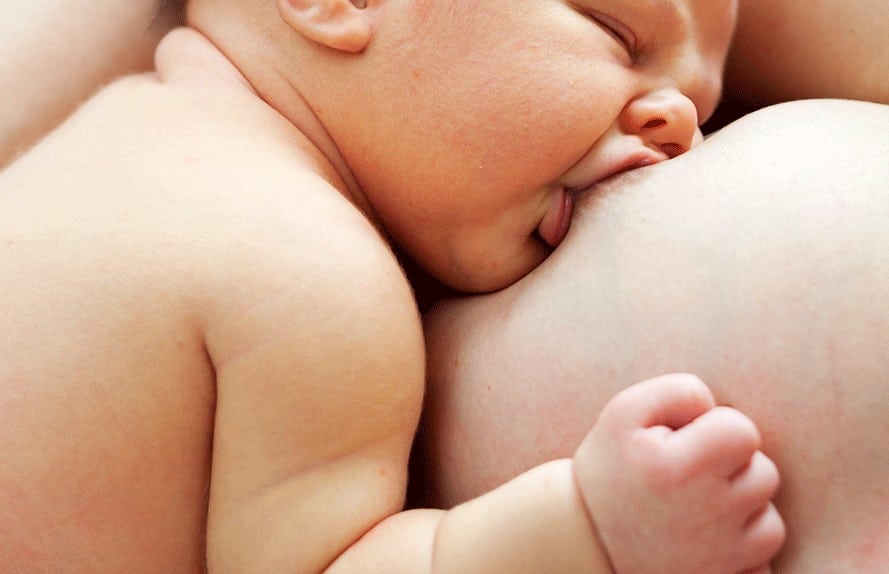Breast Milk Is A Vaccine, Has No Substitute – Experts To Breastfeeding Mothers

Experts have admonished Nigerian mothers not to deny their babies breastmilk at their infant stage, stating that it’s the best and the first vaccine every child should take in the first six months after birth.
Borno State Programme Manager of the State Emergency and Child Intervention Centre (SEMCHIC), Dr Mala Abdulwahab, gave the advisory today in Maiduguri, the state capital, during a roundtable with journalists on exclusive breastfeeding. Addressing women at the event organised by an International Organisation, FHI360 in collaboration with National Agency For Food, Drug Administration and Control (NAFDAC) and Borno State Primary Healthcare Development Agency, Abdulwahab said the call for proper breastfeeding became necessary because of some misconceptions. According to him, speculations that breast milk has a substitute are nothing but false. Abdulwahab said infants were expected to be breastfed within 30 minutes or one hour after birth which should be sustained for six months before adding any supplements approved by NAFDAC in feeding the child. “We are advocating that immediately after birth, a child should be given the first breast milk, which is yellowish. We call it cholesterol; it is the first vaccine every child needs,” Abdulwahab said. He said that the roundtable with the media was to seek more collaboration to encourage exclusive breastfeeding in line with Improved Maternal, Infact, and Youth Child Nutrition (MIYCN). The State Coordinator of FHI Solutions, a subsidiary of FHI360, Dr. Bashaar Abdul-Baki, said the FHI Solution Alive and Thrive Project were Initiatives to save lives. He said the initiative was also to prevent illness and ensure healthy growth and development through improved breastfeeding and complementary feeding practices. Abdul-Baki observed that good nutrition in the first 1,000 days from conception to two years of age remained critical to children’s health and productive lives. According to him, the project to be implemented is expected to scale MIYCN in Borno, Kaduna, Kano, Sokoto, Bauchi, Yobe and Lagos states. On his part, the Chief Regulatory Officer of NAFDAC in Borno, Ushadari Kayam, noted that breastfeeding remained the most cost-effective and impactful intervention for reducing malnutrition and under-five mortality. He said breastfeeding protected children from infectious and chronic diseases. “It increases cognitive development and lowers health care costs for families and societies,” Kayam said.
This article was originally published on Naija News
